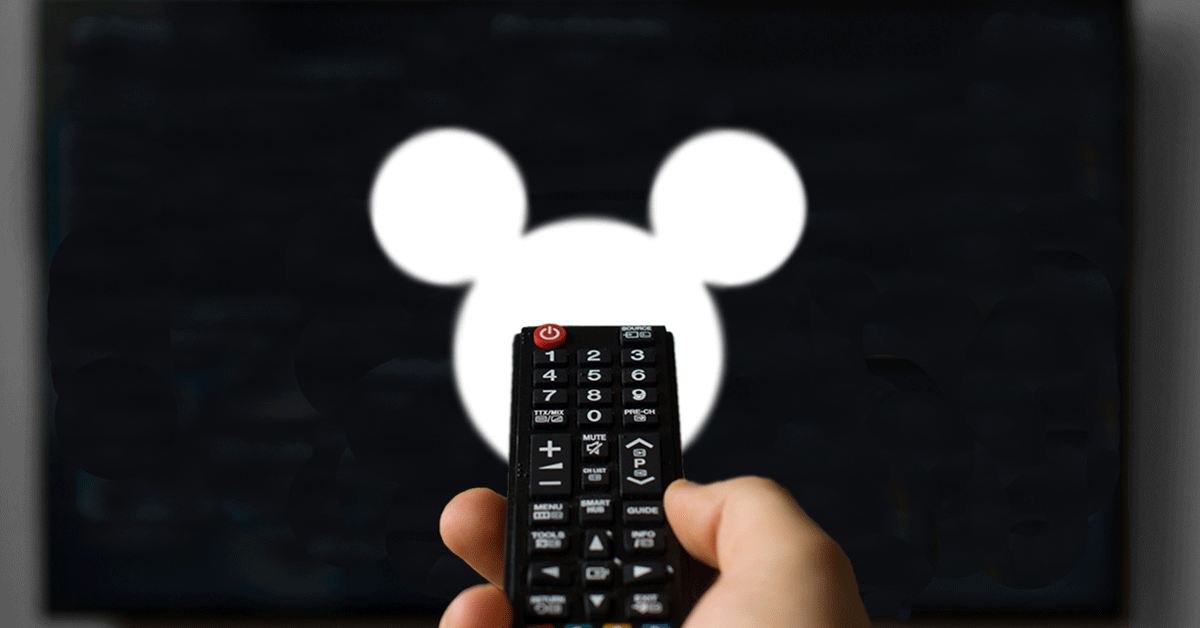
Disney Joins the Stream Team
As Bob Dylan so eloquently forecasted some decades ago, “The times, they are a-changin’.”
While these sage-like words seemingly derive new meaning every day, they are equally prevalent in the entertainment industry, where changing media consumption behaviors are reshaping the way content is produced and distributed. The biggest headline this month belongs to Walt Disney Company, where news broke that they would be pulling out of their licensing partnership with Netflix to create their own streaming platform. Seems simple enough. But, once the layers of this decision are peeled back, the potentially vast repercussions come to light.
The first of course; no more Disney content on your favorite streaming service. The status of Disney titles already available on Netflix is pending, but moving forward, nothing new will be made available for streaming outside of Disney’s proprietary platform. This will also hold true for Disney original programming from the likes of Disney Channel, Disney Junior and Disney XD. That’s a lot of broken hearts getting dished out from the supposed happiest place on earth!

Next, is the second proposed streaming service announced by Disney involving ESPN. This second streaming platform will be for viewing live and recorded sports broadcasting and coverage of baseball, hockey, tennis and college sports. No indication has been made that ESPN will be pulled from traditional cable packages; this is just an alternate option positioned at reversing Disney’s declining share value in recent quarters by capturing a growing number of cord cutters.
Moving beyond these two new subscription streaming services, we begin to see the implications this will have on the entire media and entertainment industry. Following closely in Netflix, Hulu and Amazon’s footsteps, Disney has announced that they will be producing original content on their new platforms that will only be made available to subscribers. These are the types of updates that are likely to make waves. This marks one of the first and absolutely the largest media and entertainment corporation to shift to media streaming services. Sure, Netflix and Hulu were first, but they emerged as streaming services for previously created content. Disney is coming from the opposite direction. A media and entertainment production powerhouse, shifting to now include exclusive streaming services. Because of Disney’s size and foothold on popular entertainment, these strategies are undoubtedly poised to accelerate the adoption from smaller media and entertainment corporations. Disney is fortunate to have enough popular titles already so that the shift to their owned streaming platform will automatically bring over a devoted audience. Transitioning these viewers on to new original content will be easier for Disney than others. But what model does this set for other entertainment corporations?
Unfortunately, it looks like siloing off of popular properties is going to begin becoming a necessity. For networks and corporations of comparable size to Disney, new streaming platforms may need to be built. For some of the smaller networks with less influential flagship entertainment properties, licensing partnerships may be formed with one or more of the established streaming leaders.
The next and most headache-inducing revelation comes from Disney’s current discussions on what exactly to do with two of their largest acquired properties; Marvel and Lucasfilm. For anyone not living under a rock for the past 10 years, these two properties make up a huge portion of the modern entertainment package. While the decision is unlikely, there is always the possibility of creating separate streaming packages that include exclusive access to Marvel and Star Wars titles. Luckily, Disney CEO, Bob Iger has stated this approach is unlikely due to the level of content that would need to be constantly created in order to make that a sustainable option. But the question still remains. And even if nothing is done for now, the end all outcome is far from absolute.

Finally, we come to the response that will be required from the established streaming pioneers. Netflix, Hulu and Amazon will continue doing what they have been, but likely with an increased sense of urgency. Now that the model has been set for an entertainment company to pull back content that has contributed so heavily to the growth of a streaming partner, others will likely follow suit in one form or another. Beyond producing more original content, this has sparked an increased need for acquiring titles with built-in audiences. Netflix recently purchased the rights to Millarworld, which comprises of a host of popular comics and heroes created by Mark Millar including titles such as Kick-Ass, Kingsmen and Wanted along with a series of others that you are likely going to see worked into the build out of Netflix’s original animation content.
The battle for eyeballs is nothing new, but the means of doing so is. Attitudes and behaviors towards entertainment have changed. And now we are seeing that companies have listened. Apparently, the impending response is that all our favorite series and movies are due for a reshuffling of ownership and viewing options. At the same time this shift feels upsetting yet inevitable. Tough decisions by both consumers and entertainment providers will need to be made. And it doesn’t look like there will be a clear cut winner soon, if ever. After it all, the biggest lesson is that when behaviors change, the world changes with it.
Or you could just pirate all these titles for free.